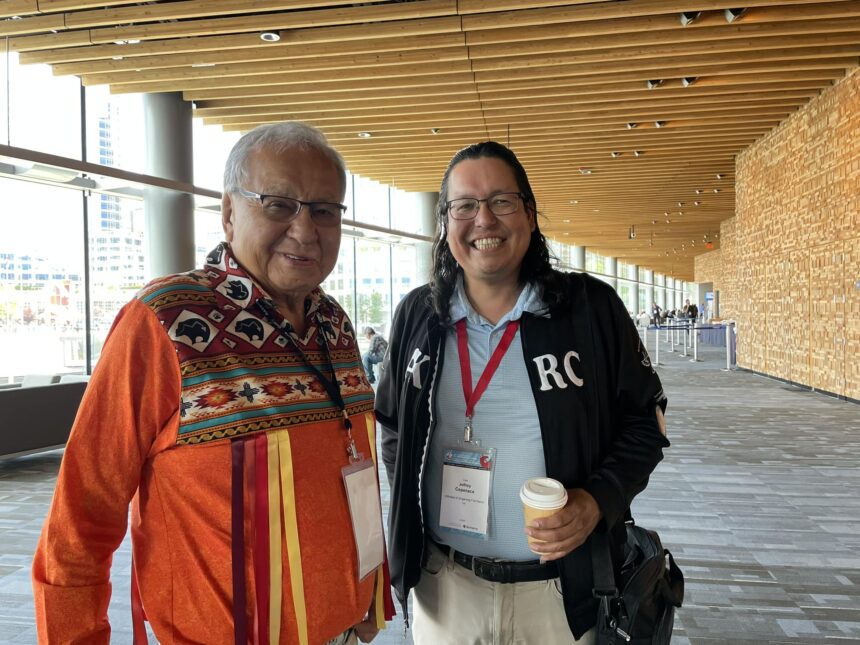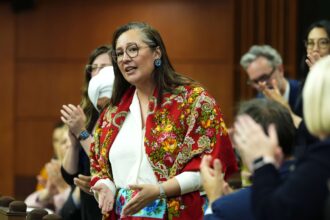In what industry observers are calling a significant misstep in corporate-Indigenous relations, Marcus Holloway, CEO of Northern Horizon Mining, faces mounting criticism after a contentious email to Indigenous leader Sarah Redfeather was leaked to media outlets yesterday afternoon.
The email, sent following failed negotiations over a proposed mining project on traditional territories in northern British Columbia, contained language that many Indigenous rights advocates describe as dismissive and condescending. “We’ve bent over backward accommodating your concerns, but at some point, we need to move forward with or without your blessing,” Holloway reportedly wrote in the communication dated April 28.
Redfeather, who serves as Chief of the Lakeview First Nation, responded to the controversy during a press conference this morning. “This reveals the true nature of what we’ve been dealing with behind closed doors,” she stated. “The public face of respect and the private reality couldn’t be more different.”
The controversy emerges amid heightened scrutiny of resource development on Indigenous lands across Canada. Recent federal policy shifts have emphasized the need for meaningful consultation and consent-based approaches to projects affecting Indigenous territories.
Industry analysts suggest the fallout could have significant implications for Northern Horizon. “In today’s environment, this kind of communication can derail not just community relations but investor confidence,” noted Dr. Elena Montoya, professor of Indigenous Studies at University of Toronto. “Companies can no longer operate with a dismissive approach to Indigenous rights and expect to avoid consequences.”
Northern Horizon Mining’s stock fell 4.3% following the email’s disclosure, with several institutional investors expressing concern about the company’s Indigenous engagement practices and overall ESG commitments.
The Mining Association of Canada issued a statement distancing itself from Holloway’s comments, emphasizing that “respectful dialogue and meaningful engagement with Indigenous communities represents industry best practice and ethical obligation.”
Meanwhile, Northern Horizon’s board of directors has announced an emergency meeting for tomorrow to address the situation, with speculation mounting about possible leadership changes at the company. Sources close to the board indicate that several directors were “blindsided” by the tone and content of the communication.
“This isn’t just about one email,” said Indigenous rights lawyer Michael Cardinal in an interview with CO24 News. “It’s about patterns of behavior that continue to undermine reconciliation efforts across the resource sector.”
The incident has reignited broader discussions about corporate accountability in Canadian resource development. Last year, the federal government introduced strengthened requirements for Indigenous consultation in environmental assessment processes, though critics argue enforcement mechanisms remain insufficient.
As pressure mounts on Northern Horizon, industry watchers are left wondering: in an era where corporate social responsibility and Indigenous rights have become crucial factors in project approval, can companies that fail to genuinely embrace these principles survive in Canada’s evolving resource landscape?
























